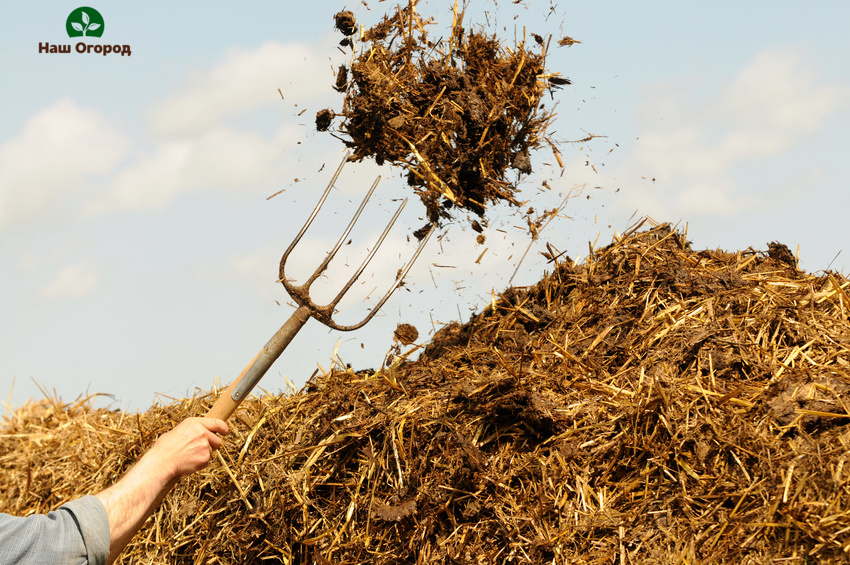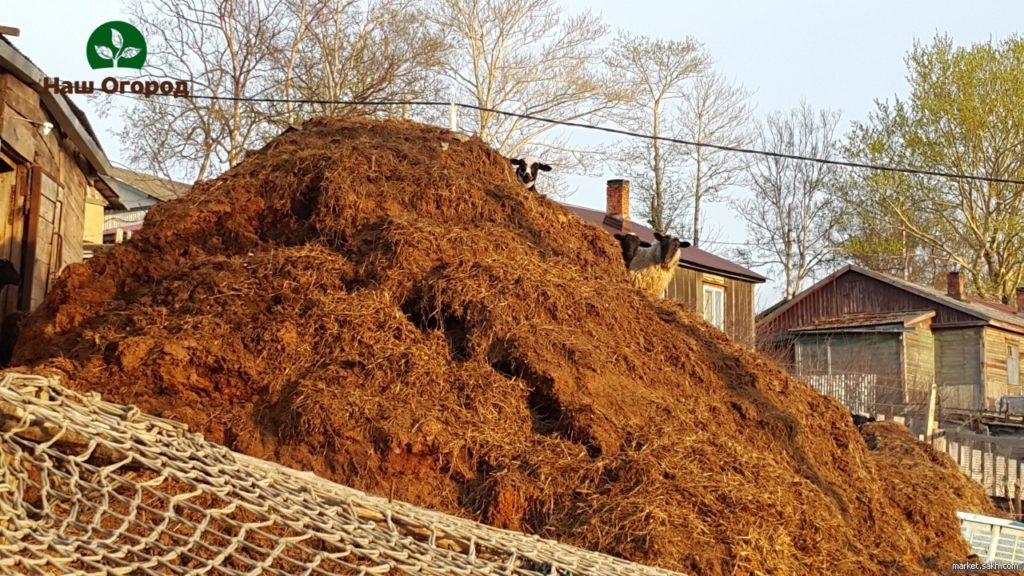Natural fertilizer

In vegetable gardens, manure can be used in any form.
The best food for soil and plants is considered to be such a natural fertilizer as cow dung, which, if used systematically, helps to grow an excellent harvest. But if used incorrectly, in the end we can get the reverse process.
How can this natural fertilizer be correctly introduced into the soil and at what time? And in the end, what positive effect does this indispensable component in gardening have on soil and plants?
Cow dung contains useful trace elements, which destroys even the slightest manifestations of diseases on plants and stimulates the flourishing of fruits and a large harvest.
Its composition is very rich in trace elements such as calcium, nitrogen, potassium and phosphorus. Each of them has its own specific functions: calcium is responsible for weakening the action of organic acids; Nitrogen - stimulates the growth of seedlings and seedlings; Potassium helps plants to absorb moisture sparingly, thereby increasing the base of the plant, its expansion and prosperity; Phosphorus belongs to a very important and necessary function, it is necessary for the germination of the first flowers.
In vegetable gardens, it can be used in any form:
Fresh, and only in winter, since due to the high content of ammonia, in the warm season, it can lead to the death of plant roots. Gardeners also recommend using it in greenhouses, as it can easily warm the soil to the desired temperature. And also an excellent infusion is made from it for spraying and fertilizing flowers, vegetables, berries.
Dry, or they also call it "humus". It is very easy to dispose of, since in dry form it emits less unpleasant odor and its complexion allows it to be easily transferred, and immediately after the introduction of the mullein, you can start planting seedlings and seedlings.

Natural cow dung is accepted by any plant.
In the form of granules. It can be used in almost all seasons. It is especially useful for plants in the summer, during droughts, since the granules retain moisture well and, in emergency cases, economically transfer it to the plants.
You should know it!
The presence of a huge number of eggs of worms and pathogenic microflora in cow dung can lead to crop losses, therefore summer residents recommend using it carefully, and, if possible, wear gauze bandages and rubber gloves.
Composting is also identified as one of the best ways to get rid of harmful parasites that are contained in the mullein. The following ingredients are required: fresh droppings, slurry, bird droppings, peat, chopped straw, weeds. Move everything in the pit, add food debris, fallen leaves, sawdust, various mineral additives.
From the resulting composition, create a form in the form of a collar. It is necessary to periodically soak the compost with water and compact it to raise the temperature to 65 degrees, since it is heat that helps to destroy harmful microflora and helminth eggs.
After a while, the compost becomes crumbly. As a vitamin for the soil, this fertilizer becomes very useful, and if you also add peat and phosphoric acid to this mixture, then this biomass becomes even better than pure organic matter in terms of the amount of nutrients.
In conclusion, it should be noted that natural cow dung is accepted by any plant. It can be mixed with other equally useful dressings. Manure prices are loyal, but if you have pets, it's practically free.

